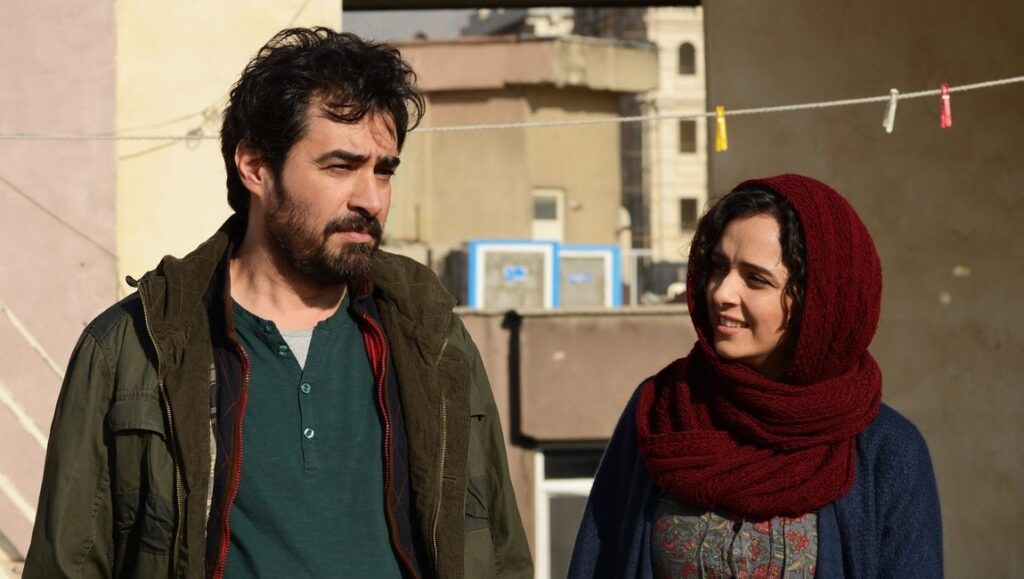Asghar Farhadi’s The Salesman and Cristian Mungiu’s Graduation navigate similar thematic territory—that of patriarchs finding their ethical boundaries pushed when their self-perceived altruistic defense of family becomes distorted— and demand empathetic viewing. Each film offers a study of imperfect people acting imperfectly, daring the audience to offer alternative courses to their respective behaviors. And yet, perhaps a bit unfairly, but no less tangibly, this particular attribute has become part and parcel of these these two modes of cinema.
Farhadi’s increasingly recognizable approach and the Romanian New Wave both have an established template that increasingly seems to result in sturdy films rendered marginally less spectacular with each outing, and in both cases this is due in part to the problem of familiarity. Farhadi’s latest once again indulges the director’s particular penchant for fashioning moral quagmires, but this time it throws a curveball in playing its narrative much more straightforward. The Salesman‘s framework revolves around a production of Death of a Salesman (threads of memory and self-deception run through both the play and the film), and the bulk of its runtime remains a low-key affair, even bordering on the inconsequential, before exploding into a final 30 minutes of relentless, gutshot storytelling, a masterclass in narrative cinema. This isn’t a rebranding by Farhadi, but it is a welcome recalibration that pays dividends.
The Salesman operates best according to its intimacy and specificity of character, but Mungiu’s Graduation demonstrates more breadth through its particular incisiveness, opening up not into questions of systemic and not personal morality, and specifically the potential for justice and culpability in modern Romania. Less important here are the details of narrative; instead, it’s the context in which that narrative exists: a doctor of sterling reputation headlongs into snowballing impropriety and illegality to ensure his daughter has the opportunity to escape the country in which he once placed hope. The continued intrinsic corruption of Mungiu’s native land may not prove any more surprising or revelatory than in past efforts, and there are fewer answers to be found here than in Farhadi’s film—but also, surprisingly, there’s a good deal more hope to be found amid the mire.
Published as part of Toronto International Film Festival 2016 | Dispatch 1.


Comments are closed.